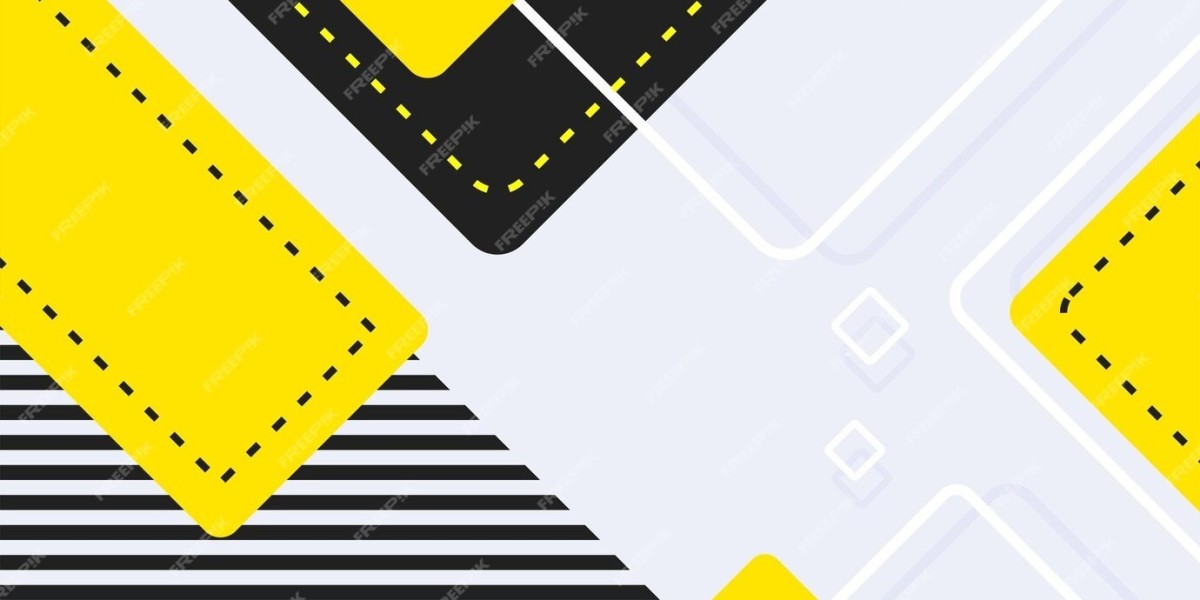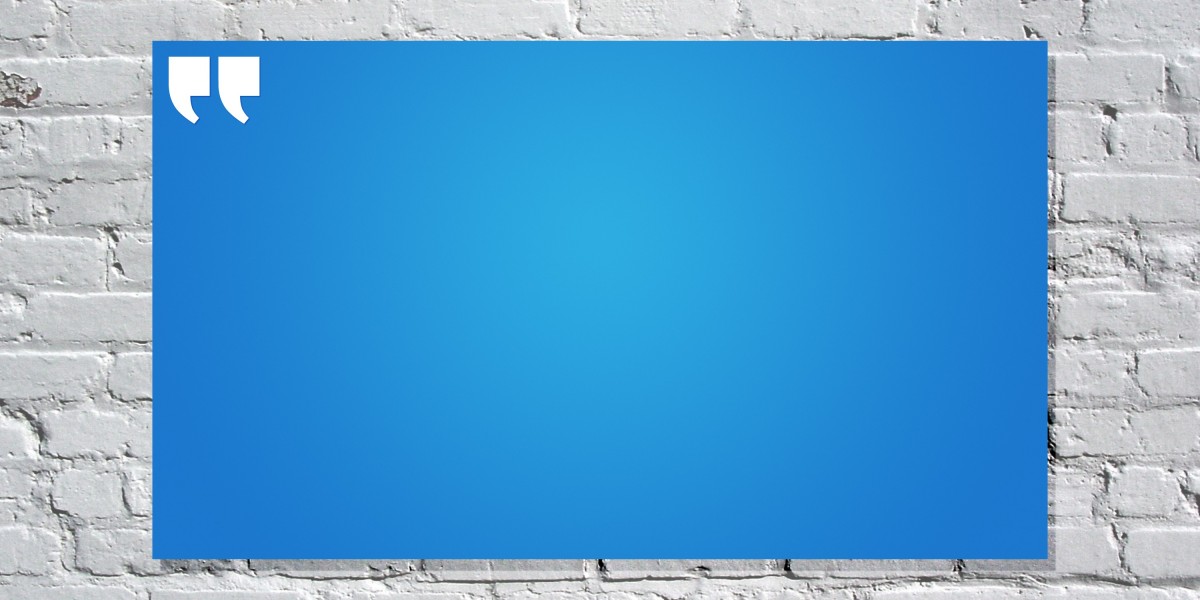If you're searching for the most affordable mortgage readily available, you're likely in the market for a standard loan. Before dedicating to a loan provider, though, it's vital to comprehend the types of traditional loans available to you. Every loan option will have different requirements, benefits and drawbacks.
What is a traditional loan?

Conventional loans are simply mortgages that aren't backed by government entities like the Federal Housing Administration (FHA) or U.S. Department of Veterans Affairs (VA). Homebuyers who can certify for traditional loans need to highly consider this loan type, as it's most likely to offer less expensive borrowing choices.
Understanding traditional loan requirements
Conventional lenders frequently set more rigid minimum requirements than government-backed loans. For example, a borrower with a credit history listed below 620 will not be eligible for a conventional loan, but would receive an FHA loan. It is necessary to look at the complete photo - your credit score, debt-to-income (DTI) ratio, deposit amount and whether your loaning requires go beyond loan limitations - when picking which loan will be the very best suitable for you.
7 types of traditional loans
Conforming loans
Conforming loans are the subset of standard loans that comply with a list of guidelines issued by Fannie Mae and Freddie Mac, 2 distinct mortgage entities developed by the federal government to help the mortgage market run more efficiently and successfully. The guidelines that conforming loans need to stick to include a maximum loan limit, which is $806,500 in 2025 for a single-family home in the majority of U.S. counties.
Borrowers who:
Meet the credit history, DTI ratio and other requirements for adhering loans
Don't need a loan that exceeds current adhering loan limits
Nonconforming or 'portfolio' loans
Portfolio loans are mortgages that are held by the loan provider, instead of being offered on the secondary market to another mortgage entity. Because a portfolio loan isn't passed on, it doesn't need to comply with all of the stringent guidelines and guidelines associated with Fannie Mae and Freddie Mac. This implies that portfolio mortgage lenders have the flexibility to set more lax certification standards for debtors.
Borrowers trying to find:
Flexibility in their mortgage in the form of lower deposits
Waived personal mortgage insurance coverage (PMI) requirements
Loan amounts that are higher than adhering loan limits

Jumbo loans
A jumbo loan is one kind of nonconforming loan that does not stay with the guidelines released by Fannie Mae and Freddie Mac, however in an extremely specific way: by exceeding optimum loan limitations. This makes them riskier to jumbo loan lending institutions, meaning borrowers often deal with an exceptionally high bar to certification - remarkably, though, it doesn't always imply greater rates for jumbo mortgage customers.
Be cautious not to confuse jumbo loans with high-balance loans. If you require a loan bigger than $806,500 and reside in a location that the Federal Housing Finance Agency (FHFA) has actually considered a high-cost county, you can qualify for a high-balance loan, which is still considered a traditional, conforming loan.
Who are they best for?
Borrowers who require access to a loan larger than the adhering limit amount for their county.
Fixed-rate loans

A fixed-rate loan has a stable interest rate that remains the very same for the life of the loan. This eliminates surprises for the debtor and implies that your monthly payments never differ.

Who are they finest for?
Borrowers who want stability and predictability in their mortgage payments.
Adjustable-rate mortgages (ARMs)
In contrast to fixed-rate mortgages, adjustable-rate mortgages have an interest rate that alters over the loan term. Although ARMs typically start with a low rates of interest (compared to a common fixed-rate mortgage) for an initial period, borrowers should be gotten ready for a rate increase after this period ends. Precisely how and when an ARM's rate will adjust will be set out because loan's terms. A 5/1 ARM loan, for circumstances, has a set rate for 5 years before changing each year.
Who are they finest for?
Borrowers who are able to re-finance or sell their house before the fixed-rate initial duration ends might conserve cash with an ARM.
Low-down-payment and zero-down standard loans
Homebuyers searching for a low-down-payment standard loan or a 100% financing mortgage - also understood as a "zero-down" loan, since no money deposit is necessary - have numerous alternatives.
Buyers with strong credit might be eligible for loan programs that need only a 3% down payment. These consist of the standard 97% LTV loan, Fannie Mae's HomeReady ® loan and Freddie Mac's Home Possible ® and HomeOne ® loans. Each program has slightly various earnings limitations and requirements, nevertheless.
Who are they best for?
Borrowers who do not wish to put down a large quantity of money.
Nonqualified mortgages
What are they?
Just as nonconforming loans are defined by the truth that they do not follow Fannie Mae and Freddie Mac's guidelines, nonqualified mortgage (non-QM) loans are defined by the truth that they don't follow a set of guidelines provided by the Consumer Financial Protection Bureau (CFPB).
Borrowers who can't fulfill the requirements for a traditional loan may get approved for a non-QM loan. While they often serve mortgage customers with bad credit, they can also supply a method into homeownership for a range of people in nontraditional circumstances. The self-employed or those who want to buy residential or commercial properties with uncommon features, for instance, can be well-served by a nonqualified mortgage, as long as they understand that these loans can have high mortgage rates and other uncommon functions.
Who are they best for?
Homebuyers who have:
Low credit report
High DTI ratios
Unique circumstances that make it challenging to certify for a standard mortgage, yet are positive they can securely handle a mortgage
Advantages and disadvantages of conventional loans
ProsCons.
Lower deposit than an FHA loan. You can put down only 3% on a traditional loan, which is lower than the 3.5% required by an FHA loan.
Competitive mortgage insurance coverage rates. The expense of PMI, which begins if you don't put down a minimum of 20%, may sound burdensome. But it's more economical than FHA mortgage insurance coverage and, sometimes, the VA funding charge.
Higher optimum DTI ratio. You can stretch as much as a 45% DTI, which is higher than FHA, VA or USDA loans generally allow.
Flexibility with residential or commercial property type and tenancy. This makes traditional loans a fantastic alternative to government-backed loans, which are restricted to borrowers who will utilize the residential or commercial property as a main house.
Generous loan limitations. The loan limitations for standard loans are typically greater than for FHA or USDA loans.
Higher deposit than VA and USDA loans. If you're a military debtor or reside in a rural location, you can use these programs to enter a home with no down.

Higher minimum credit report: Borrowers with a credit rating listed below 620 will not have the ability to qualify. This is typically a higher bar than government-backed loans.

Higher expenses for particular residential or commercial property types. Conventional loans can get more costly if you're funding a manufactured home, second home, condominium or 2- to four-unit residential or commercial property.
Increased expenses for non-occupant customers. If you're funding a home you don't plan to live in, like an Airbnb residential or commercial property, your loan will be a little more costly.





